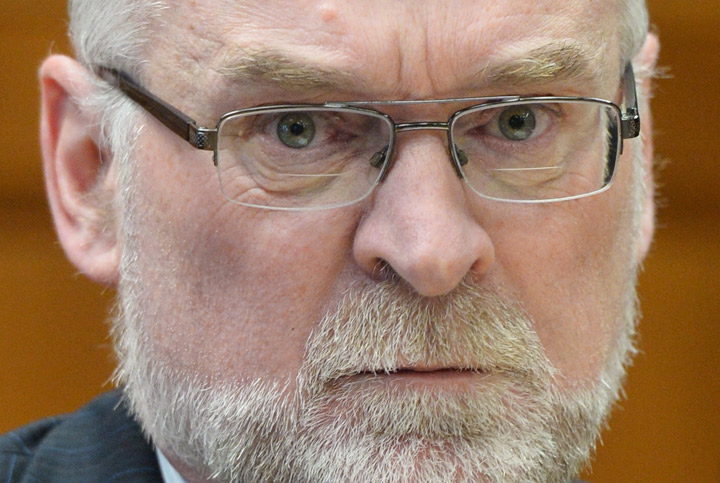OTTAWA, Ont. – The auditor general has found problems with the way emergencies are handled on aboriginal reserves.

Michael Ferguson’s team says outdated or missing emergency plans are putting First Nations communities at risk.
The auditors also found officials with Aboriginal Affairs don’t always know who is supposed to be doing what during emergencies.
READ MORE: First Nations summit participants desperate for change
The report says the department doesn’t know whether First Nations reserves are getting the same level of emergency services as other parts of Canada.
It also took issue with the amount of money Aboriginal Affairs puts into its emergency management program.
The audit says the $19-million annual budget isn’t enough and the department has had to scrounge hundreds of millions of dollars from other sources.
Among the report’s other findings:
– Aboriginal Affairs spends far more to respond to emergencies than to prevent or mitigate them;
– First Nations communities can find themselves bogged down in paperwork during emergencies because so many departments and jurisdictions are involved;
– Ottawa may not know whether a First Nation is getting money from both Aboriginal Affairs and Public Safety for the same activity.
- Posters promoting ‘Steal From Loblaws Day’ are circulating. How did we get here?
- Canadian food banks are on the brink: ‘This is not a sustainable situation’
- Video shows Ontario police sharing Trudeau’s location with protester, investigation launched
- Solar eclipse eye damage: More than 160 cases reported in Ontario, Quebec
“Aboriginal Affairs and Northern Development Canada is in a cycle of reacting to emergencies,” Ferguson said in a statement.
“It has not been able to focus on what can be done to prevent and mitigate these events.”
The department spent $286 million between 2009-10 and 2012-13, of which $180 million – or 63 per cent – was spent on response and recovery and only $4 million on prevention and mitigation.
That meant some community infrastructure projects were cancelled or delayed to pay for emergencies.
There have been 447 emergencies on First Nations reserves between 2009 and this year, the audit says, affecting 241 communities. That’s about 39 per cent of all First Nations communities in Canada.
Ferguson’s team also found many First Nations do not have plans to deal with pandemics. Two of the six plans the auditors looked at were out of date and the rest lacked important information.
The audit notes that First Nations communities were hit particularly hard by the H1N1 flu outbreak in 2009, so having up-to-date pandemic plans is important.
The auditors recommend that Health Canada work with First Nations to draw up pandemic plans. Apart from the pandemic plan problem, Ferguson’s team gave Health Canada a passing grade for the rest of the emergency management support it gives to First Nations on reserves.
Aboriginal Affairs Minister Bernard Valcourt says he accepts the auditor general’s findings.
“The health and safety of First Nation communities – including timely, effective support in times of emergency – is a priority for our government,” he said in a statement.
“We accept the recommendation in the report issued by the office of the auditor general which acknowledges our commitment to improve emergency management support to First Nations and the steps we have taken to manage our responsibilities for emergency management on-reserve.”

Comments